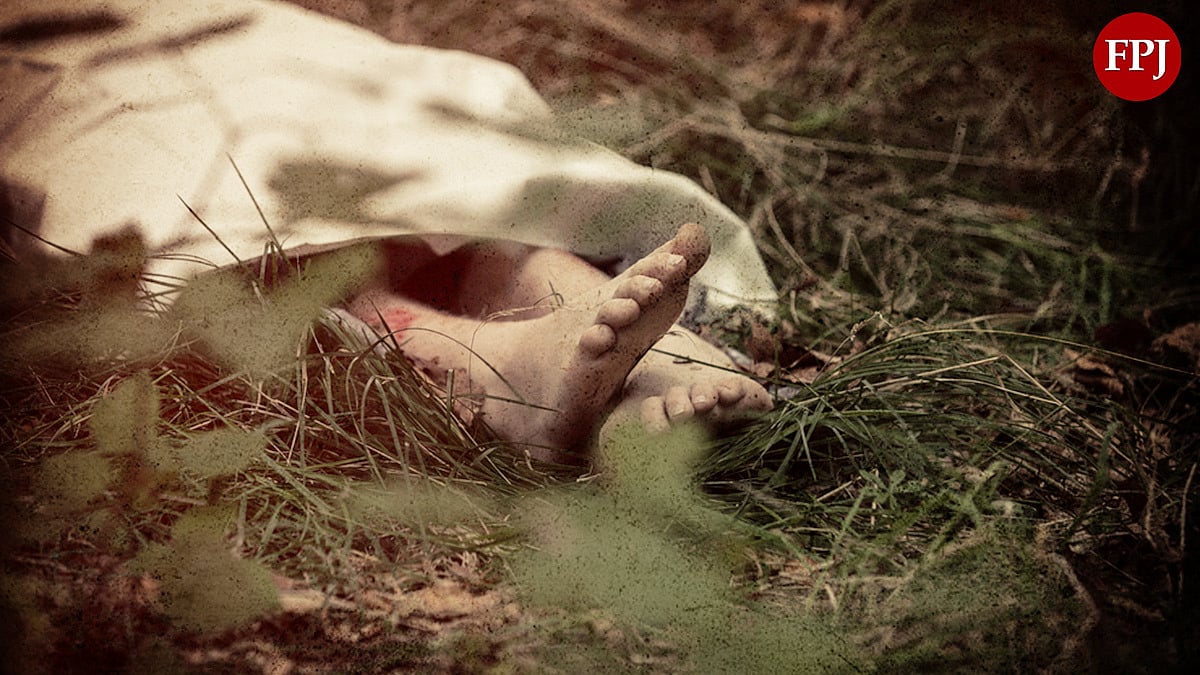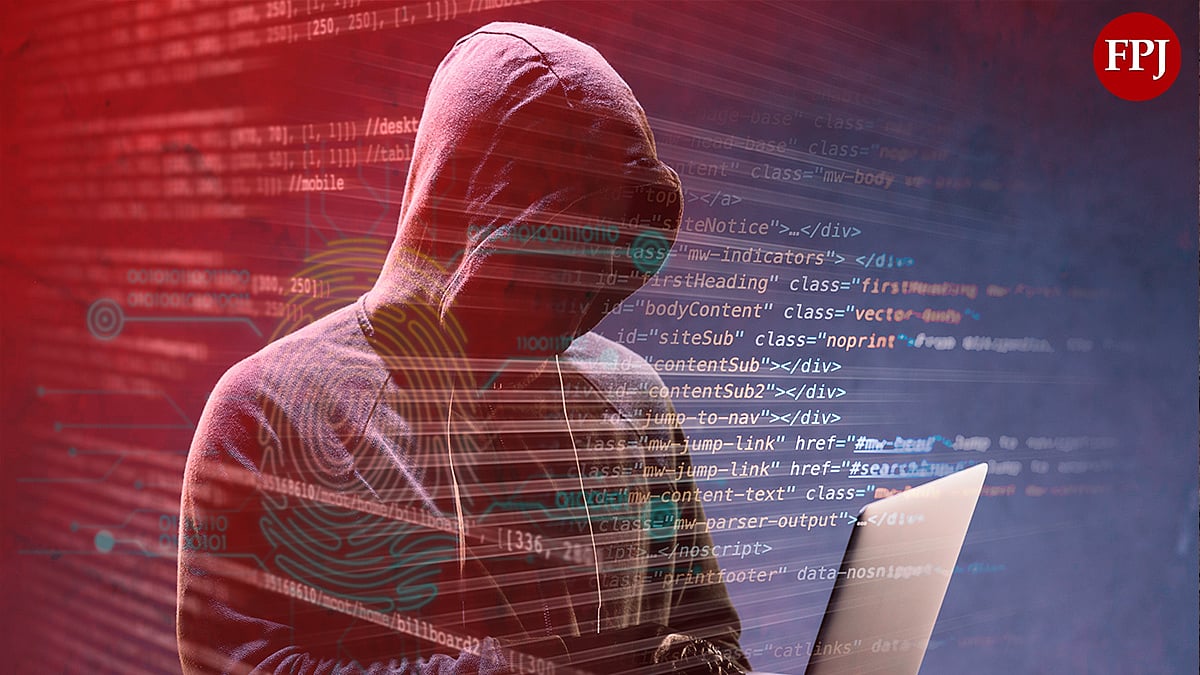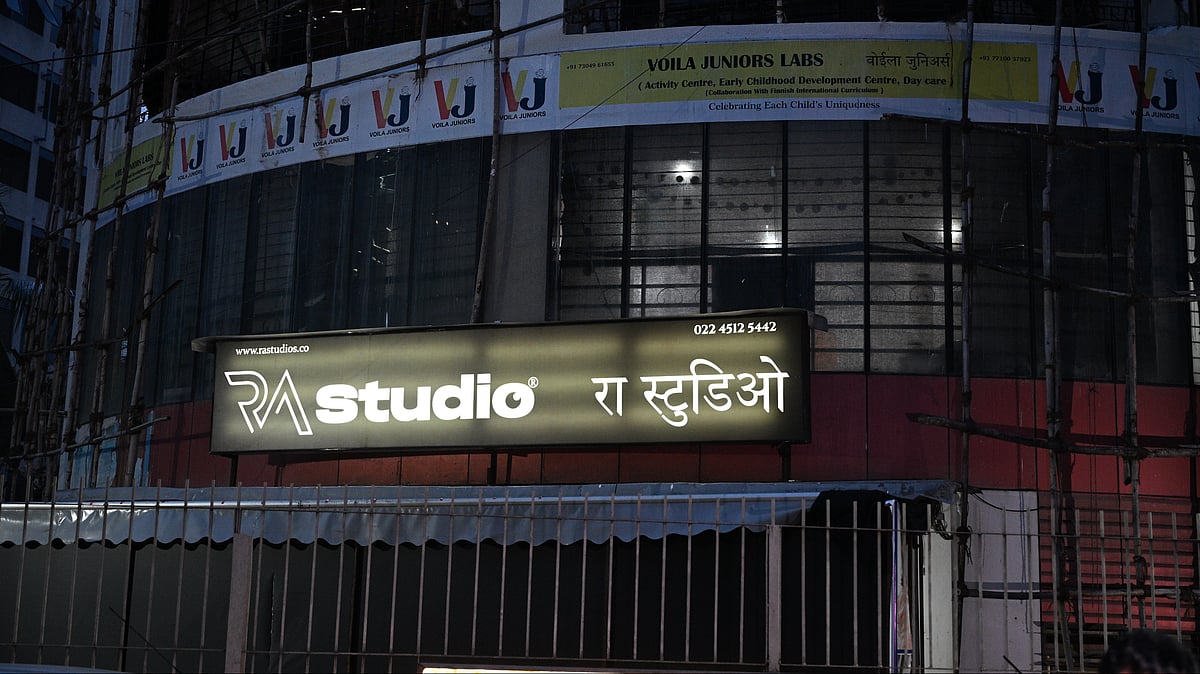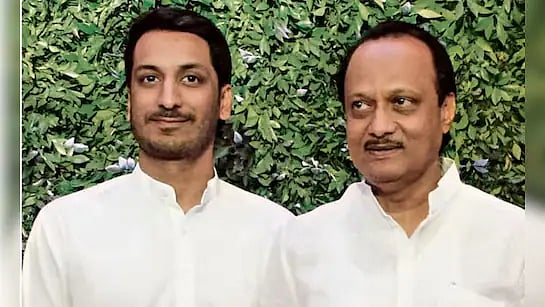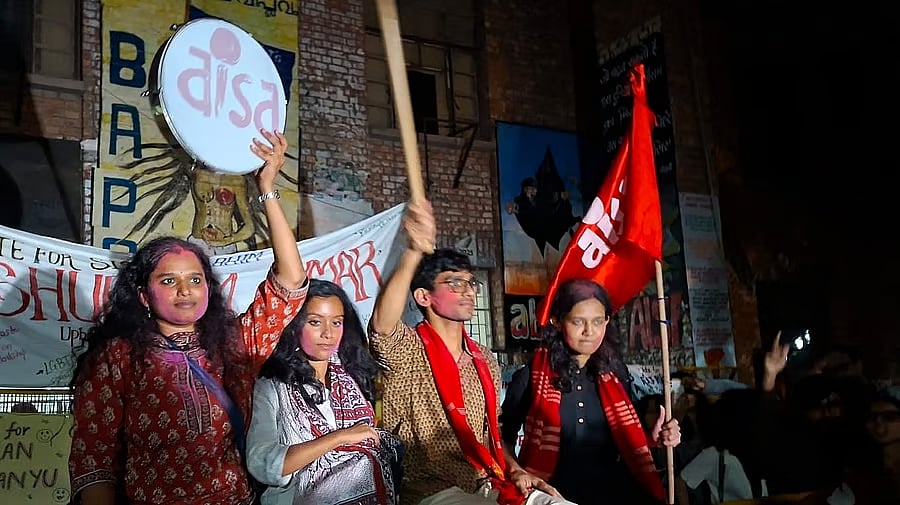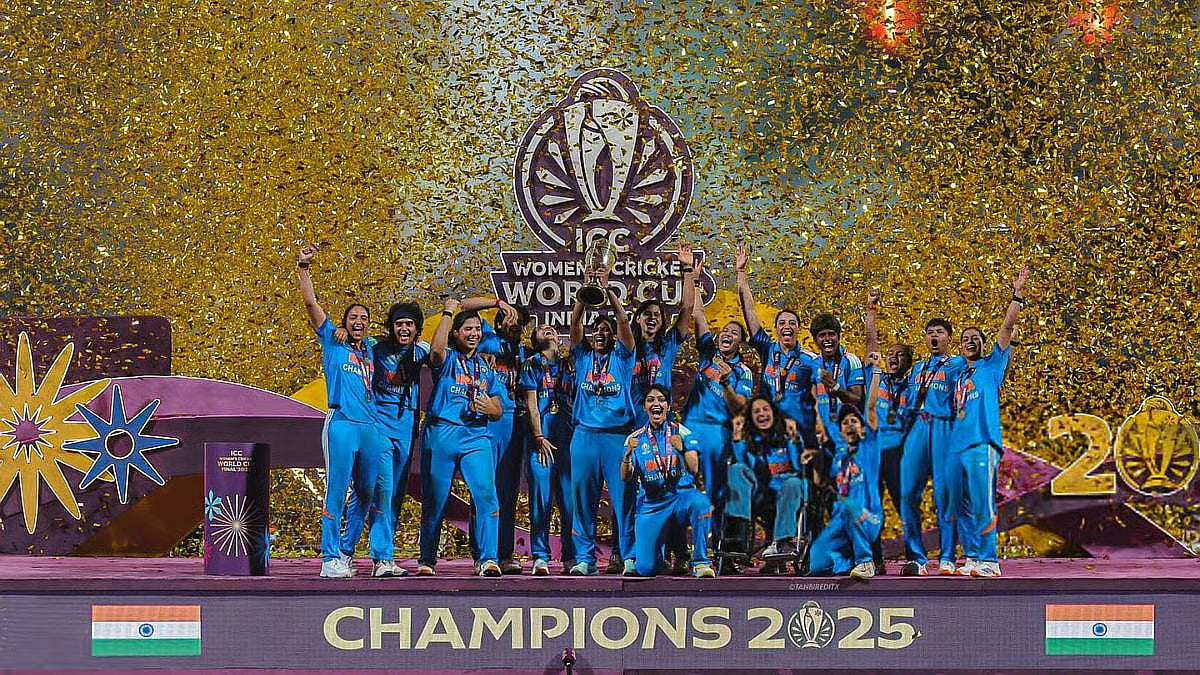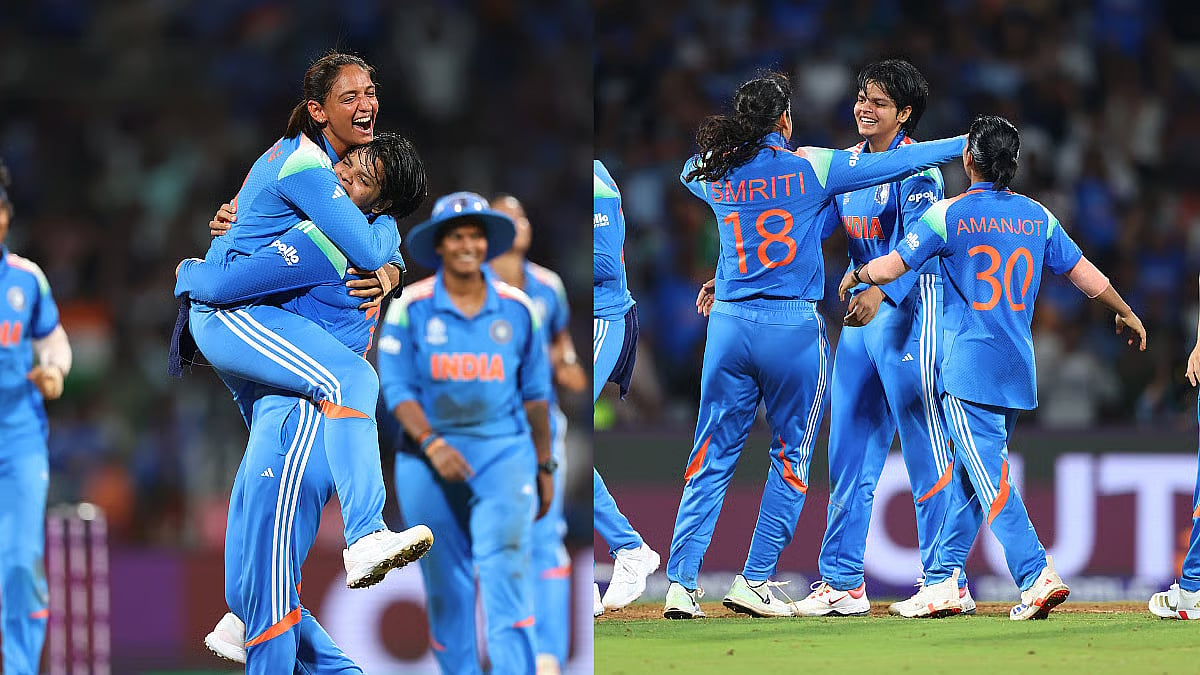The police, politics and freedom of the press intersect in the strange case of Arnab Goswami, leading us to conclude that freedom of the press is chimerical. It always has been. It can be used to camouflage crimes or rightly accuse governments of suppressing voices of dissent when it is inconvenient to them.
Or declaiming that freedom of the press has been endangered when it is convenient to them. This depends on which political party comes to power. Several BJP ministers, including Amit Shah and Smriti Irani, have condemned the arrest of Republic TV promoter and editor-in-chief Arnab Goswami on Wednesday.
But these senior ministers were silent over the arrest of Dhaval Patel in Gujarat for alleged sedition. Patel’s arrest was contrary to the Supreme Court rulings that sedition applies only when there is an accompanying threat of violence. Apparently, different standards apply to different journalists. This depends on whether they are self-proclaimed nationalists who support those in power or not.
There is no doubt that Arnab Goswami used his Republic TV to attack Maharashtra Chief Minister Uddhav Thackeray, who is also head of the Shiv Sena. Goswami does enjoy the right to free speech and expression guaranteed by Article 19 (1) (a) which is not absolute. It never can be. The eight heads mentioned in Article 19 (2) are the so-called reasonable restrictions, which, on analysis, are unreasonable because they have never been precisely defined.
Among these eight restrictions are public order, security of the state, decency and morality, sovereignty and integrity of India which permits the state to enact a plethora of laws curtailing free speech. Until the Supreme Court precisely defines what constitutes public order, or decency and morality or security of the state, these grandiose terms are used as umbrellas to harass journalists like Arnab Goswami, by using an archaic law like the Police (Incitement to Disaffection) Act, 1922, which still continues on the statute books.
These unreasonable restrictions on free speech and a free press have come to the fore yet again, with several FIRs being filed against Goswami who had the guts to challenge Mumbai Police chief Parambir Singh to send a police team to arrest him in his house.
The Maharashtra government has stoutly denied any mala fides in Arnab Goswami’s arrest. Goswami has been issued a breach of privilege notice by the Maharashtra legislative assembly for his alleged intemperate reporting of Sushant Singh Rajput’s suicide and his alleged disrespectful utterances against Thackeray. This breach of privilege case has not been closed.
Alleged misuse of state power by the coalition government does not imply Arnab Goswami is the saintly nationalist-journalist as he professes to be. Far from it. Article 14 of the Constitution ensures whether you are a star TV anchor or even the Prime Minister of India, a criminal court can still frame charges against you. But the proper procedure has to be followed.
Section 173 (8) of the Criminal Procedure Code allows the police to investigate further even after the closure of a case by filing what is known as an A-summary closure report, which means the police found no evidence to charge-sheet Goswami earlier. The wife and daughter of architect Anvay Naik, have alleged that the former PI Suresh Warade of Alibaug police station tried to force them to sign a paper in Marathi which declared: "I want to take back my complaint which was filed out of revenge.” When they tried to photograph this paper, Warade allegedly tore it up and threw it away, they alleged.
Anvay Naik was the managing director of Concorde Designs and had allegedly strangled his mother before hanging himself, in 2018, according to police. This was because Goswami, 42-year-old Feroz Shaikh, and 25-year-old Niteish Sarda allegedly had not paid their dues, collectively amounting to Rs 5.38 crore, for the interior designing work completed by Naik. In May this year, Anvay’s daughter, Adnya, sought to reopen the abetment to suicide case because the police had not investigated the angle of Rs 83 lakh that Goswami had allegedly not paid her father. Added to this were the outstanding dues of the other two creditors, which forced her father to commit suicide, his daughter has said.
Police officers outside Arnab’s Worli residence said the very court where the Raigad police had filed a closure report had allowed the reopening of the case. So, whether Goswami is guilty or not for allegedly abetting the suicide of Anvay Naik is left for the courts to decide. If the high court does not quash the FIR and criminal case, charges will be framed and the trial may start.
Freedom of the press is nowhere involved in this issue. Raigad Police will now ask Goswami to prove he had paid Anvay his dues. If Goswami furnishes evidence by way of cheques, Raigad Police will decide to either close the case a second time or to charge-sheet him.
What is at stake here is the right to life of Anvay Naik and the right to liberty of Arnab Goswami, both guaranteed under Article 21. Anvay was a non-entity, while Arnab is a celebrity. But all are supposed to be equal before the law. Get it ?
Republic has been named in the TRP scam, in which the channel, along with five others, was allegedly involved in making payments for boosting TRPs. Republic has denied these allegations. Two FIRs were also registered against Goswami for allegedly communalising incidents like the gathering of migrants outside Bandra railway station and the lynching of sadhus in Palghar. Following these two FIRs, chapter proceedings too were initiated against Goswami, to extern him from Mumbai and he was asked to sign a bond of good behaviour.
Goswami approached the Supreme Court against these FIRs and was asked to approach the Bombay high court which is hearing the matter. But now, he has had to file a fresh petition, alleging mala fides by the state. In conclusion, the police is an organ of the state whereas the press is not. So, when they confront each other, we learn of the rot within.
Olav Albuquerque holds a PhD in media law and is a senior journalist-cum-lawyer of the Bombay high court.


